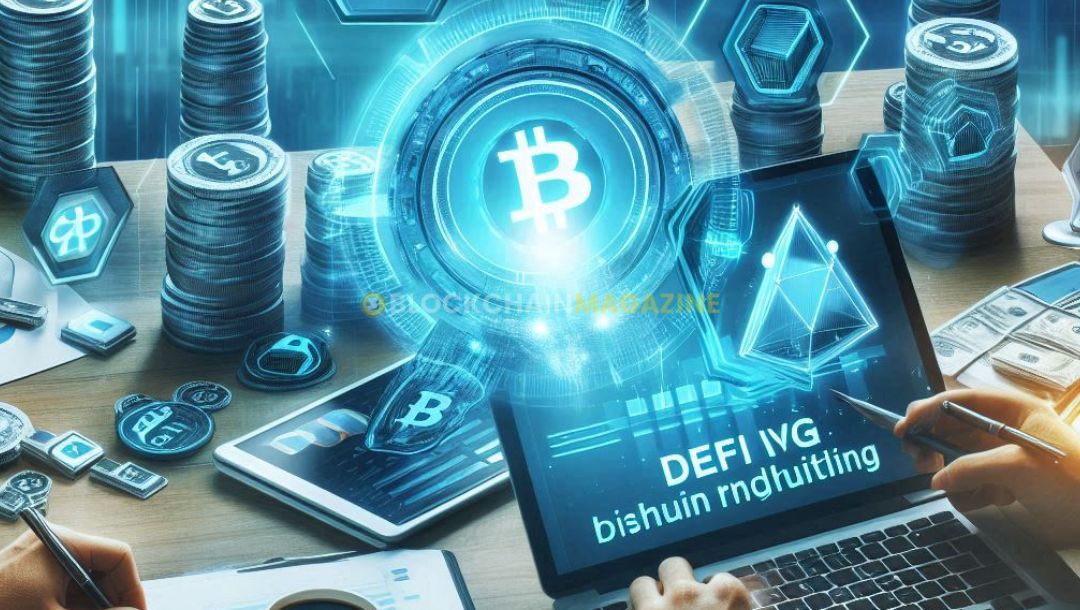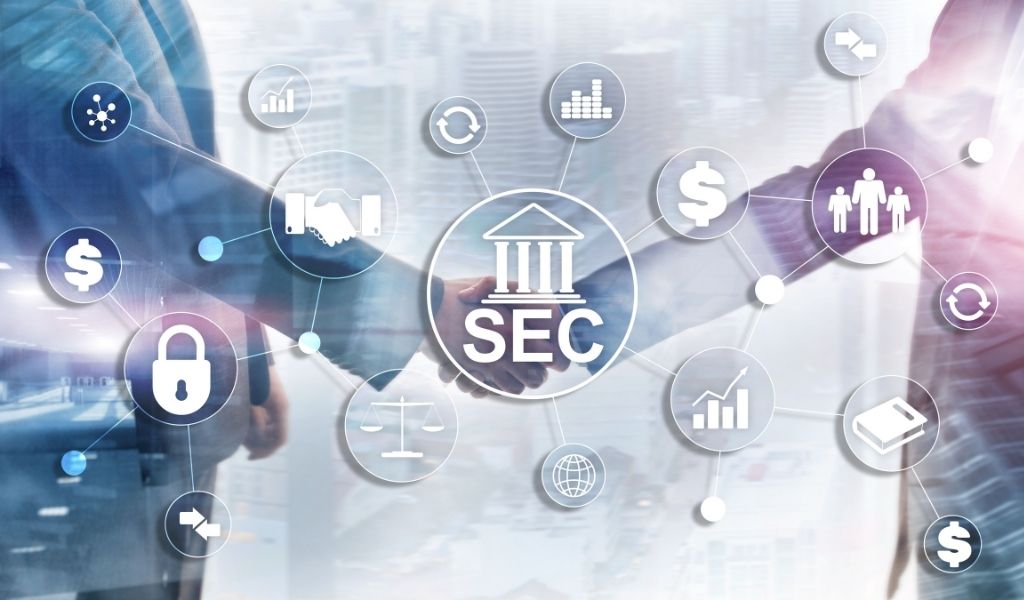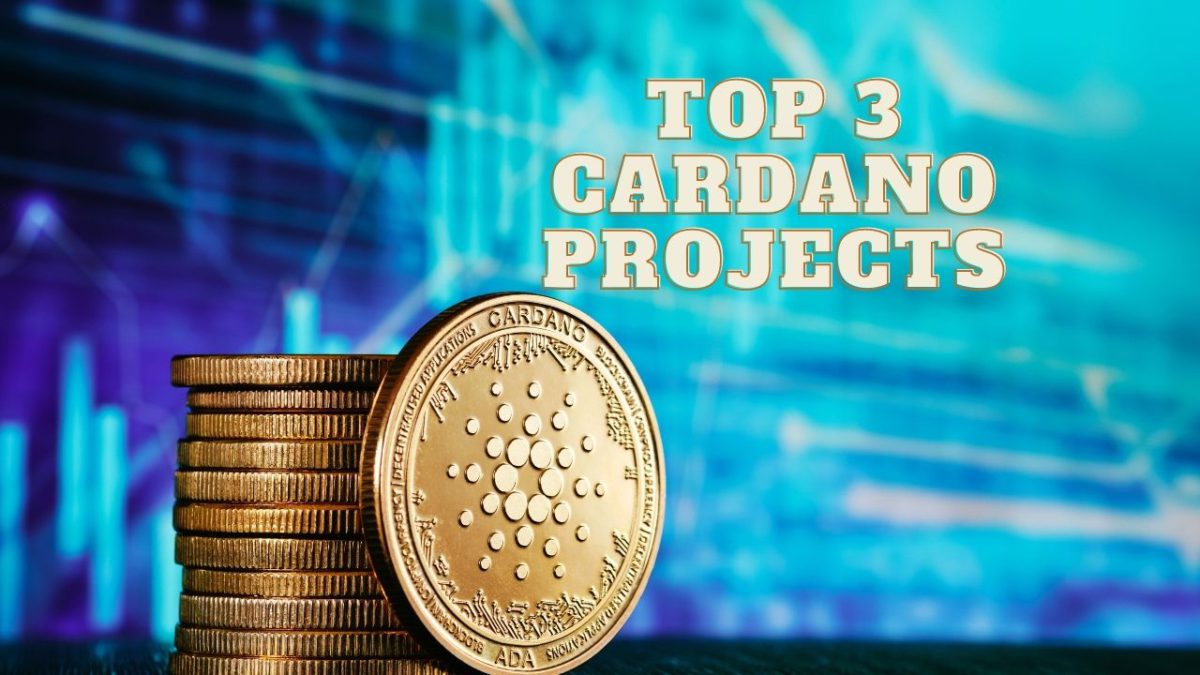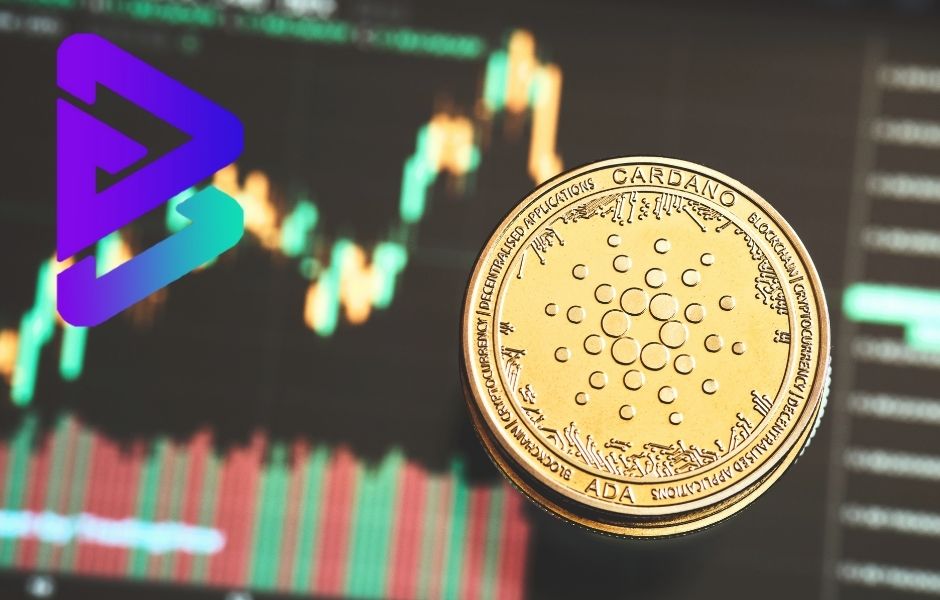Revolutionizing DeFi Auditing with Amazing Blockchain Technology In 2024
The world of Decentralized Finance (DeFi) is changing rapidly, and with it comes the need for better auditing practices. Blockchain technology is at the heart of this transformation, offering new ways to enhance security, transparency, and trust in financial transactions. This article explores how blockchain is revolutionizing DeFi auditing, particularly in the areas of Anti-Money Laundering (AML) efforts, advanced analytics, and the importance of regulatory frameworks.
Key Takeaways
- Blockchain enhances security and trust in DeFi by allowing for transparent audits.
- Smart contract audits help identify vulnerabilities, protecting users’ funds.
- Innovative AML audits use advanced tools to monitor transactions and detect suspicious activities.
- Regulatory frameworks are essential for ensuring compliance and safeguarding financial systems.
- The future of DeFi auditing will likely involve AI and machine learning for improved efficiency.
The Role of Blockchain in Decentralized Finance Auditing
Enhancing Security and Trust
Auditing is essential in the world of decentralized finance (DeFi) because it helps to boost security and trust. By examining smart contracts, auditors can find weaknesses before they are exploited. This process is crucial for protecting user funds and ensuring that DeFi platforms operate safely.
Mitigating Risks Through Smart Contract Audits
Conducting thorough audits of smart contracts is a key step in reducing risks. Here are some important points:
- Identifying vulnerabilities in the code before deployment.
- Ensuring that the smart contracts function as intended.
- Building credibility with investors through transparent audit reports.
Building Credibility and Transparency
Transparency is vital in DeFi. When projects undergo audits, they can show their commitment to security. This helps to build trust within the community and encourages more users to participate. Using blockchain technology ensures that audit results are easily accessible and verifiable, further enhancing credibility.
Auditing smart contracts is not just a one-time task; it is an ongoing process that helps projects adapt to new threats and improve their security continuously.
In summary, the role of blockchain in DeFi auditing is to enhance security, mitigate risks, and build trust through transparency. By leveraging blockchain technology, auditors can ensure that DeFi platforms are safe and reliable for users.
Innovative Approaches to AML Audits in DeFi
In the world of decentralized finance (DeFi), tackling money laundering is a big challenge. New methods are needed to make sure that these platforms stay safe and trustworthy. Here are some innovative approaches that can help:
Leveraging Blockchain Analytics Tools
Using blockchain analytics tools is essential for effective AML audits. These tools help auditors:
- Analyze blockchain transactions
- Identify suspicious activities
- Detect patterns that may indicate illegal behavior
By employing these tools, auditors can better spot potential risks and keep the DeFi ecosystem secure.
Enhancing Transaction Monitoring
Improving how transactions are monitored is crucial. This can involve:
- Setting up real-time alerts for unusual activities
- Regularly reviewing transaction histories
- Using advanced algorithms to flag potential issues
These steps help ensure that any suspicious transactions are caught early.
Employing Multidisciplinary Expertise
To effectively conduct AML audits, a mix of skills is needed. This includes:
- Knowledge of blockchain technology
- Understanding of financial regulations
- Skills in data analytics
By combining these areas of expertise, auditors can create strong AML frameworks tailored for DeFi platforms.
To adapt to these changes and address emerging risks, DeFi platforms must engage in continuous monitoring, assessment, and enhancement of their AML frameworks.
By embracing these innovative approaches, DeFi platforms can better navigate the challenges of money laundering and ensure a safer financial environment for everyone.
Challenges in Conducting AML Audits in DeFi
In the world of decentralized finance (DeFi), conducting Anti-Money Laundering (AML) audits comes with its own set of hurdles. These challenges stem from the unique characteristics of blockchain technology.
Pseudonymous Nature of Blockchain Transactions
One major issue is the pseudonymous nature of blockchain transactions. This means that while transactions are recorded on the blockchain, the identities of the individuals behind them are often hidden. This anonymity can be exploited by bad actors for money laundering. Here are some key points to consider:
- It is difficult to trace the ultimate beneficial owner of funds.
- Criminals can use this anonymity to hide illicit activities.
- Advanced analytics tools are needed to uncover hidden identities.
Lack of Centralized Authority
Another challenge is the lack of a centralized authority in DeFi. Unlike traditional finance, where a single entity oversees transactions, DeFi operates on a decentralized model. This creates several issues:
- No single entity is responsible for enforcing AML regulations.
- It complicates the process of monitoring transactions.
- Auditors must navigate a complex web of decentralized platforms.
Global Regulatory Complexity
DeFi platforms operate globally, which adds another layer of complexity to AML audits. Different countries have different regulations, making compliance a challenge. Here are some factors to consider:
- Auditors must be aware of various jurisdictions and their rules.
- Consistent AML practices are hard to maintain across borders.
- Global cooperation is essential for effective AML measures.
Understanding these challenges is crucial for developing effective AML strategies in the DeFi space. By addressing these issues, stakeholders can help ensure the integrity and security of decentralized finance platforms.
Advanced Analytics for Effective DeFi Auditing
Identifying Patterns and Anomalies
In the world of DeFi, using advanced analytics is key to spotting unusual activities. These tools help auditors find patterns that could indicate potential fraud or money laundering. By analyzing large sets of transaction data, auditors can:
- Detect irregular transaction behaviors.
- Identify high-risk transactions that need further investigation.
- Monitor trends over time to spot emerging risks.
Tracing the Origin and Destination of Funds
Understanding where funds come from and where they go is crucial in DeFi auditing. Auditors use specialized tools to track the flow of money across different blockchain addresses. This process helps in:
- Identifying suspicious transactions.
- Understanding the relationships between different wallets.
- Ensuring that funds are not linked to illegal activities.
Utilizing Machine Learning Algorithms
Machine learning is transforming how audits are conducted in DeFi. By employing these algorithms, auditors can:
- Automate the detection of anomalies in transaction data.
- Improve the accuracy of identifying potential risks.
- Enhance the efficiency of the auditing process.
Advanced analytics not only helps in identifying risks but also strengthens the overall security of DeFi platforms. By leveraging these technologies, auditors can ensure a safer financial ecosystem.
In summary, advanced analytics plays a vital role in effective DeFi auditing. By identifying patterns, tracing funds, and utilizing machine learning, auditors can significantly enhance the security and integrity of decentralized finance. This approach is essential for building trust and credibility in the DeFi space, especially when it comes to smart contract and DeFi audits.
Importance of Regulatory Frameworks in DeFi Auditing
As decentralized finance (DeFi) grows, the need for strong regulatory frameworks becomes more important. These frameworks help protect our financial systems and ensure that everyone follows the rules. Regulatory frameworks are essential for maintaining trust and safety in the DeFi space.
Safeguarding Global Financial Systems
- Regulatory frameworks help keep our financial systems safe from risks.
- They address issues related to illegal activities like money laundering.
- A strong regulatory approach is necessary to manage the rapid changes in DeFi.
Ensuring Compliance with AML/CFT Controls
- Compliance with anti-money laundering (AML) and combating the financing of terrorism (CFT) is crucial.
- Regulations help ensure that DeFi platforms follow these important rules.
- This compliance builds trust among users and investors.
Fostering International Cooperation
- Global cooperation among regulators can create consistent rules for DeFi.
- Working together helps protect consumers and ensures fair practices.
- It also allows for better sharing of information about risks and threats.
Regulatory frameworks are not just rules; they are the backbone of a secure and trustworthy DeFi environment. Without them, the risks of fraud and misuse increase significantly.
In summary, having strong regulatory frameworks in place is vital for the future of DeFi. They help safeguard our financial systems, ensure compliance with important laws, and promote cooperation across borders. This is crucial for building a safe and reliable DeFi ecosystem.
The Future of DeFi Auditing with Blockchain Technology
Continuous Improvement and Adaptation
The world of decentralized finance (DeFi) is always changing. In 2024, decentralized finance is set to dominate the blockchain landscape by transforming financial transactions. To keep up, auditing methods must also evolve. This means regularly updating techniques and tools to handle new challenges and threats.
Integration of AI and Machine Learning
Using artificial intelligence (AI) and machine learning can make audits smarter. These technologies can help auditors:
- Analyze large amounts of data quickly.
- Identify unusual patterns that might indicate fraud.
- Automate repetitive tasks, allowing auditors to focus on more complex issues.
Potential for Global Standardization
As DeFi grows, there is a chance for creating global standards in auditing. This could lead to:
- Better cooperation between countries.
- More trust from users and investors.
- A clearer understanding of regulations across different regions.
The future of DeFi auditing is bright, with technology paving the way for safer and more reliable financial systems.
By embracing these advancements, the auditing process can become more effective, ensuring that DeFi remains a secure and trustworthy space for everyone.
Conclusion
In summary, auditing smart contracts in decentralized finance (DeFi) is essential for building trust and safety in this new financial world. It involves checking the code to make sure it works correctly and finding any weaknesses that could be misused. By performing careful audits, experts can help protect users’ money and support the growth of DeFi. As we move forward, using advanced tools and a mix of skills from different fields will be key to tackling the unique challenges in DeFi. This teamwork will help create strong systems that keep our financial activities safe and secure.
Frequently Asked Questions
What is DeFi auditing?
DeFi auditing checks the code and processes of decentralized finance platforms to make sure they are safe and work properly.
Why is blockchain important for DeFi audits?
Blockchain helps make DeFi audits more secure and trustworthy by providing a clear record of all transactions.
What are smart contracts?
Smart contracts are self-executing contracts with the terms directly written into code, used in DeFi for transactions.
How do audits help prevent fraud in DeFi?
Audits find weaknesses in the code that could be exploited, helping to protect users’ money from fraud.
What challenges do auditors face in DeFi?
Auditors deal with issues like anonymous transactions, no central authority, and complex global rules.
What is the future of DeFi auditing?
The future includes using more advanced technology like AI to improve audits and make them more effective.
Stay informed with daily updates from Blockchain Magazine on Google News. Click here to follow us and mark as favorite: [Blockchain Magazine on Google News].
Get Blockchain Insights In Inbox
Stay ahead of the curve with expert analysis and market updates.
latest from tech
Disclaimer: Any post shared by a third-party agency are sponsored and Blockchain Magazine has no views on any such posts. The views and opinions expressed in this post are those of the clients and do not necessarily reflect the official policy or position of Blockchain Magazine. The information provided in this post is for informational purposes only and should not be considered as financial, investment, or professional advice. Blockchain Magazine does not endorse or promote any specific products, services, or companies mentioned in this posts. Readers are encouraged to conduct their own research and consult with a qualified professional before making any financial decisions. The featured image used is just a creative depiction of the title and it does not intend to hurt sentiments of any person or institution. If it hurts anyone sentiments, please do not hesitate to reach out to Blockchain Magazine.

 Bitcoin
Bitcoin  Ethereum
Ethereum  XRP
XRP  Tether
Tether  Solana
Solana  Dogecoin
Dogecoin  USDC
USDC  Cardano
Cardano  Lido Staked Ether
Lido Staked Ether  TRON
TRON  Chainlink
Chainlink  Avalanche
Avalanche  Wrapped stETH
Wrapped stETH  Stellar
Stellar  Wrapped Bitcoin
Wrapped Bitcoin  Sui
Sui  Hedera
Hedera  Toncoin
Toncoin  Shiba Inu
Shiba Inu  WETH
WETH  Polkadot
Polkadot  Parkcoin
Parkcoin  LEO Token
LEO Token  Litecoin
Litecoin  Bitget Token
Bitget Token  Bitcoin Cash
Bitcoin Cash  Uniswap
Uniswap  Official Trump
Official Trump  Hyperliquid
Hyperliquid  Wrapped eETH
Wrapped eETH  Pepe
Pepe  USDS
USDS  NEAR Protocol
NEAR Protocol  Ethena USDe
Ethena USDe  Aave
Aave  Aptos
Aptos  Internet Computer
Internet Computer  Ondo
Ondo  WhiteBIT Coin
WhiteBIT Coin  Ethereum Classic
Ethereum Classic  POL (ex-MATIC)
POL (ex-MATIC)  Monero
Monero  Algorand
Algorand  Cronos
Cronos  OKB
OKB  Mantle
Mantle  Dai
Dai  Render
Render 




